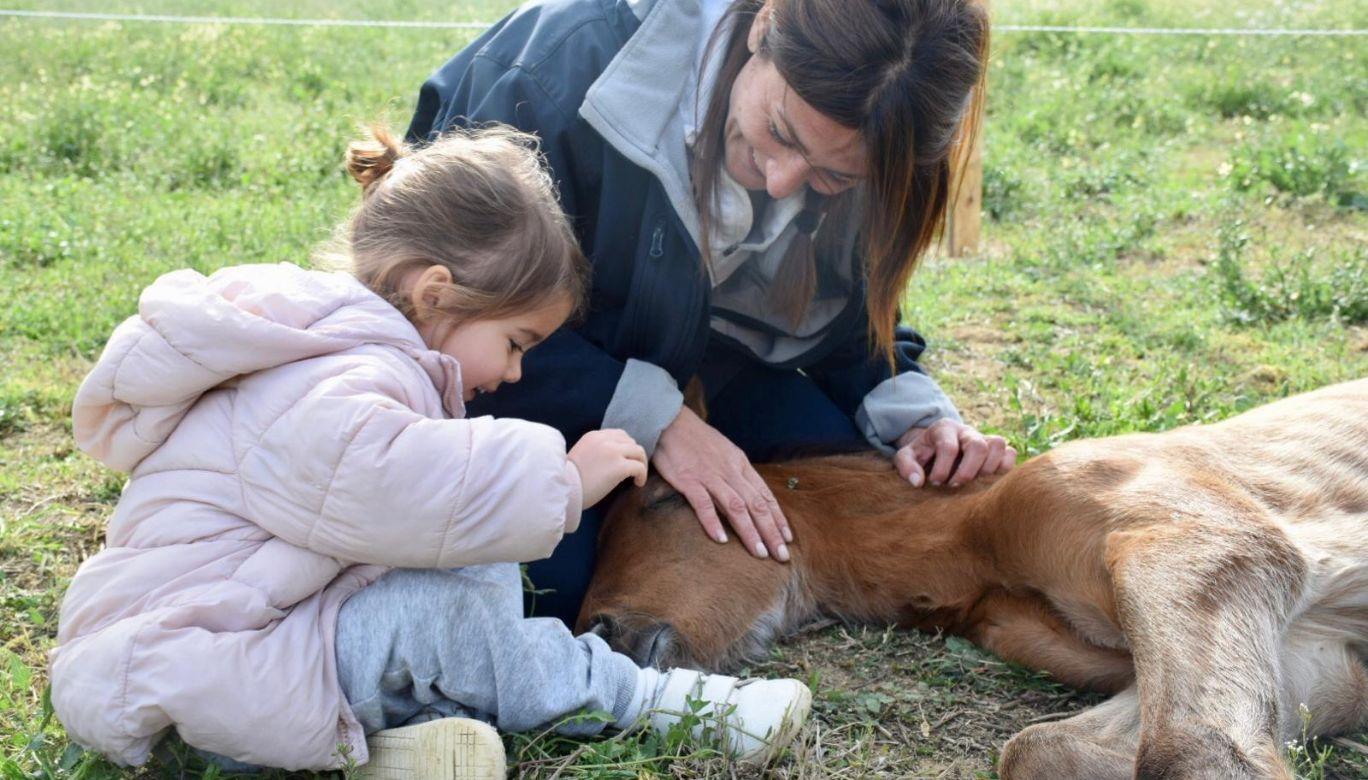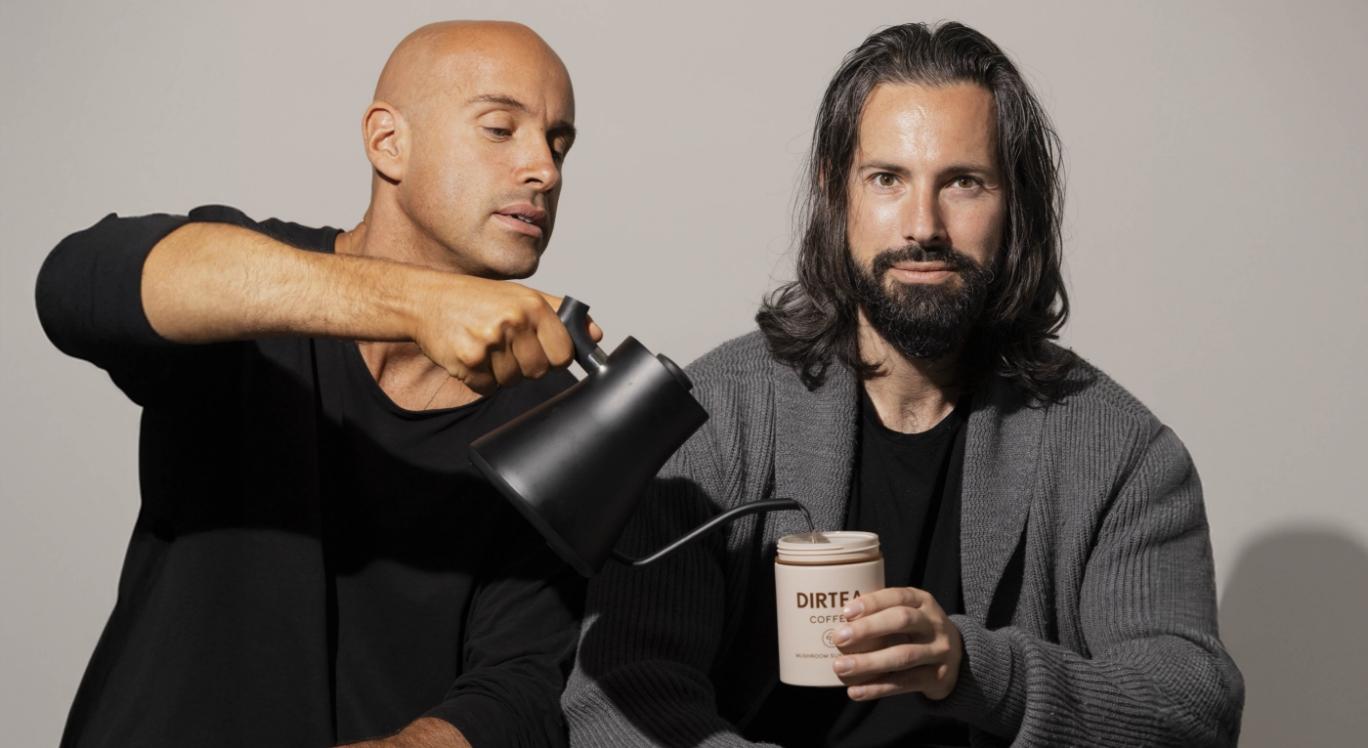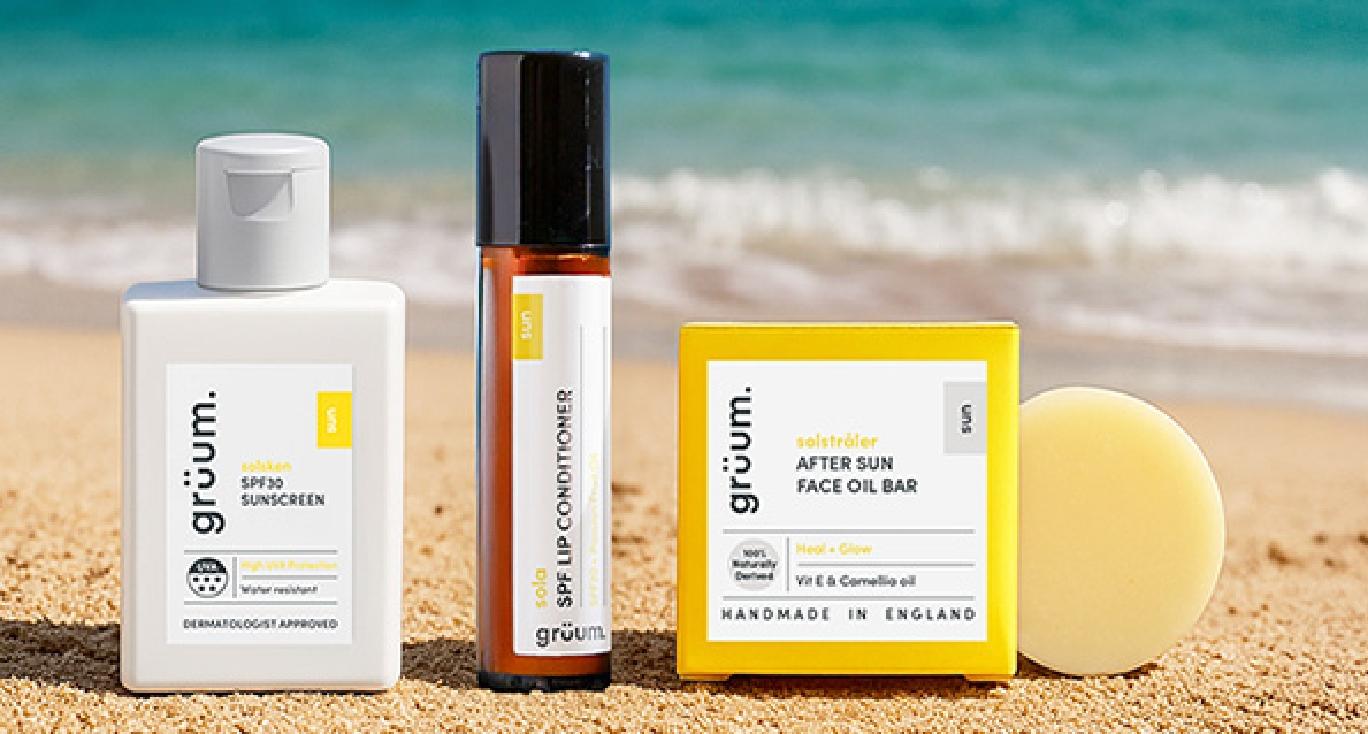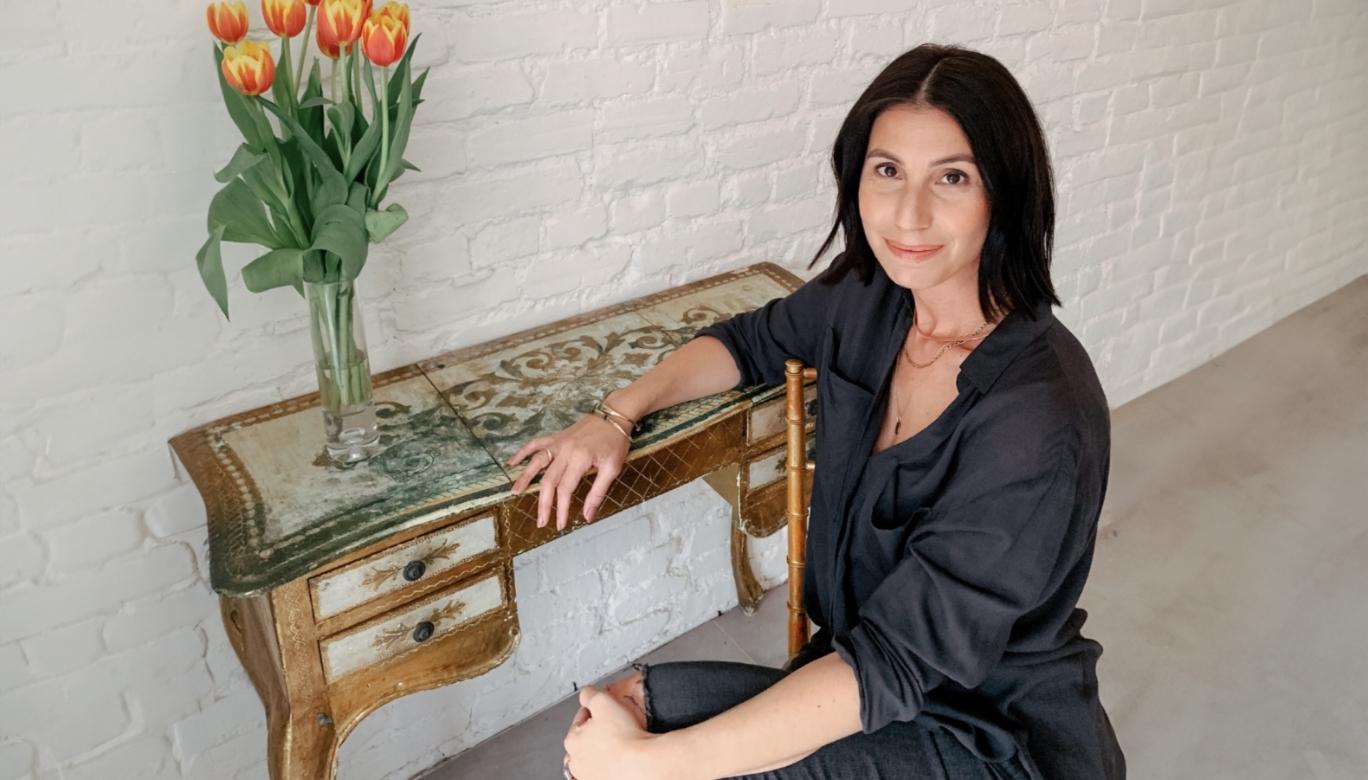Ever Wondered Why We Say That? The Fascinating Origins of Common Phrases and Traditions

Have you ever stopped mid-conversation and wondered why we say certain phrases or follow traditions that seem a little… odd? From well-wishes in theatre to the way we clink glasses before a toast, many of our everyday expressions and customs have fascinating origins. Let’s take a journey through some of the quirkiest ones!
1. “Break a Leg!” – A Theatrical Twist
Actors and performers never say “good luck” before a show - it’s always “break a leg!” But why? This phrase likely comes from the superstition that saying “good luck” might actually bring bad luck. Some also believe it originates from the idea that performers would “break” the leg of a stage curtain after a successful performance by bowing repeatedly.
2. “Bob’s Your Uncle” – The British Stamp of Approval
This classic British phrase means something is simple or guaranteed. It dates back to the 1880s when Prime Minister Robert “Bob” Cecil gave his nephew a high-ranking job - essentially ensuring his success. Ever since, “Bob’s your uncle” has meant an easy or assured outcome!
3. Why Do Americans Call It a “Restroom”?
In the UK, you might ask for the “loo” or “toilet,” but in the U.S., it’s a “restroom” - even though no one’s actually resting in there! This polite term was coined in the early 20th century as a way to make public facilities sound more refined and welcoming.
4. Why Are Flip-Flops Called “Thongs” in Australia?
If you hear an Aussie talking about their “thongs,” don’t panic - they’re just referring to their flip-flops! The name comes from the strap that sits between the toes, much like the design of a thong-style sandal.
5. “Bless You!” – The Sneeze Superstition
We instinctively say “bless you” after someone sneezes, but this tradition dates back to medieval times when sneezing was a symptom of the plague. People believed that offering a blessing could help protect the person and others around them, thus protecting them from the disease.

6. Clinking Glasses – A Medieval Safety Check
When making a toast, we clink our glasses together, but this tradition has medieval roots. Back then, people feared being poisoned, and clinking glasses was a way to mix drinks - ensuring no one had slipped anything deadly into the wine.
7. "In Bocca al Lupo" – The Italian Good Luck Saying
Instead of saying "good luck", Italians say “In bocca al lupo” - which translates to "into the wolf’s mouth". The correct response? “Crepi il lupo!” or "may the wolf die!" This expression is thought to signify overcoming obstacles and challenges, by wishing that any potential negative forces symbolised by the wolf will perish.
8. Knocking on Wood – A Tradition of Good Fortune
When hoping for good luck, we often knock on wood and say "touch wood". This custom comes from ancient pagan beliefs that trees housed protective spirits, and knocking on wood would either summon their help or ward off bad luck.
9. "Poisson d’Avril" – The French April Fools' Day Prank
In France, April 1st is known as Poisson d’Avril ("April's Fish"), where children play pranks by secretly sticking paper fish on people’s backs. The origin is unclear, but some believe it began when France changed its New Year from April to January, and those who resisted the change were called "April fish."
10. Why Is the Number 13 Considered Unlucky?
Many cultures fear the number 13 - hotels even skip the 13th floor! This superstition dates back to religious and historical beliefs, including the Last Supper, where Judas was the 13th guest. In contrast, some cultures fear the number 4 because in Mandarin, it sounds similar to the word for "death."
Final Thoughts
The phrases we use and the traditions we follow often have long and unexpected histories. Whether it’s avoiding the number 13, clinking glasses, or wishing someone a trip into a wolf’s mouth, these expressions connect us to centuries of folklore and superstition.
Next time you say "Bob’s your uncle" or "knock on wood," you’ll know exactly where it comes from!
Features












